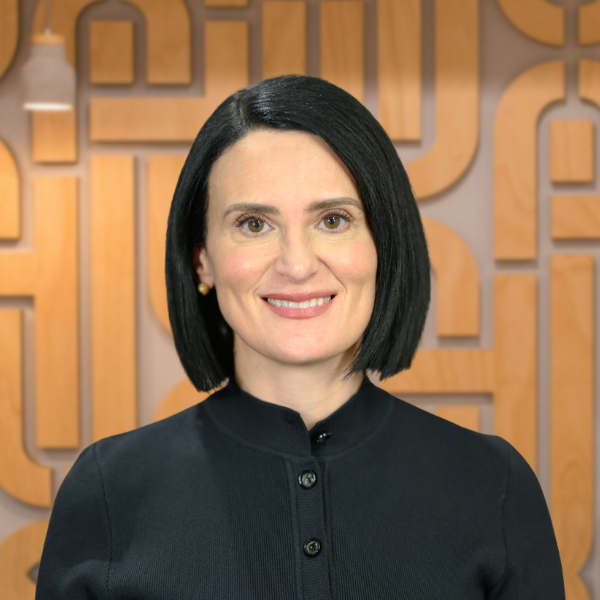Technology is creating an obligation on advisers to evaluate the value their BID solution is delivering clients, effectively changing the contest from compliance to client value.
While the BID obligations have been in law since 2013, product and innovation are now challenging BID, putting pressure on advisers and licensees to know what new solutions are available.
HUB24 recently hosted a webinar where participants discussed BID, the best approach and its relationship with technology.
Hosted by CoreData Research’s Head of Market Insight Simon Hoyle on behalf of HUB24, participants included the Association of Financial Advisers General Manager of Policy and Professionalism Phil Anderson and The Fold Legal Senior Associate Simon Carrodus and HUB24 Managing Director Andrew Alcock.
Participants agreed technology was helping advisers to keep the cost of advice under control in the face of greater compliance regulations because of the benefits it provides in generating Statements of Advice (SOA), Records of Advice and the documentation of advice.
It was also agreed the right approach to BID was not as simple as tick-a-box.
“Financial advice is a professional intellectual exercise where advisers are adding value to a client, so it can’t be tick-a-box,” said Anderson. “Strategy has to be independent of product.”
Advisers must be genuine in how they approach BID compliance but technology has a great role to play in assisting advisers with this compliance and unlocking value for advisers and their clients.
For example, this value can include assisting clients with potential tax benefits and generating less buy/sell spreads, potentially offering them a lower cost investment option.
“So technology is actually, maybe complicating things yet also creating opportunities in the area of lowering transaction costs with managed accounts, in the area of eliminating or changing the buy/sell spread outcomes, in the area of tax parcel management,” said Alcock.
The panel also discussed whether it is possible to get BID wrong but to still deliver good advice?
According to Carrodus, it is possible as the safe harbour provisions provide advisers with a degree of certainty, but he said you need to be able to substantiate the advice.
“Even if the advice was right, how do you explain it?”
He explained when ASIC conducts its desk reviews, it is looking for the satisfaction of safe harbour provisions such as the generation of a SOA and product research. If these are not available, an adviser will fail the test.
There is no doubt that technology is moving fast and today there are newer products with better features at a lower cost.
With the rise of newer products occurring all the time, there is greater pressure on advisers to know what is out there and to evaluate their value.
For technology providers, there is now pressure on them to evidence the value they are delivering so advisers and licensees can more easily evaluate them.
So how should advisers consider the technology they are using?
“The key is whether the technology is delivering benefits of value to the client,” said Anderson. “It is not enough to just benefit the adviser.”
Carrodus added: “BID has never been about finalising the cheapest products.”
If you’d like to know more, check out the webinar here.




